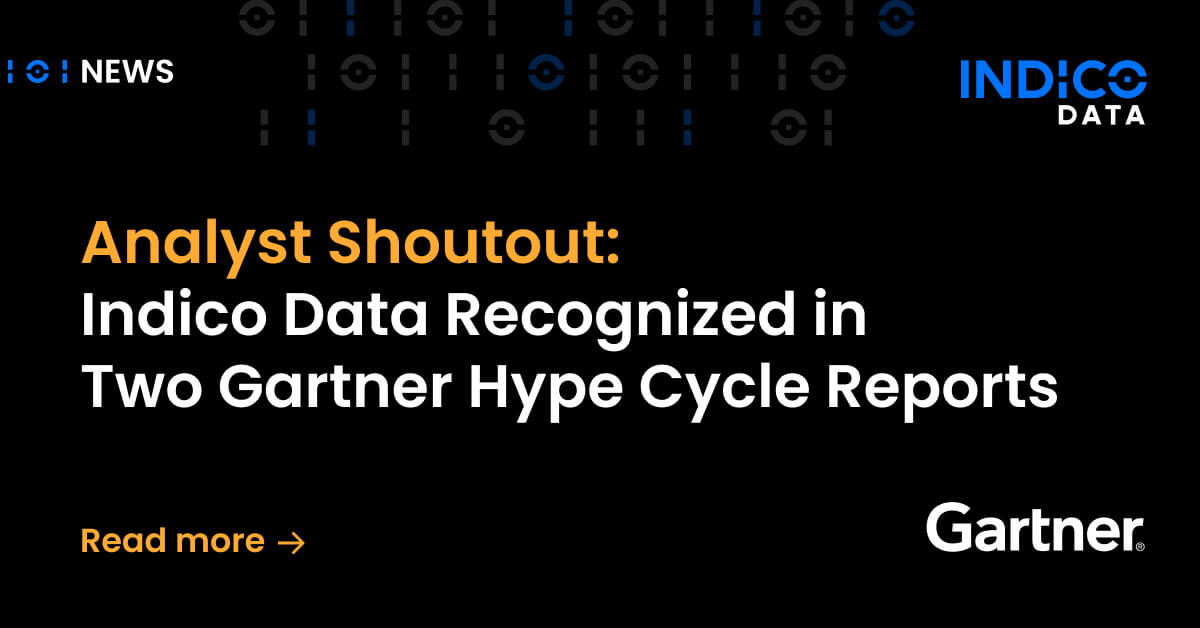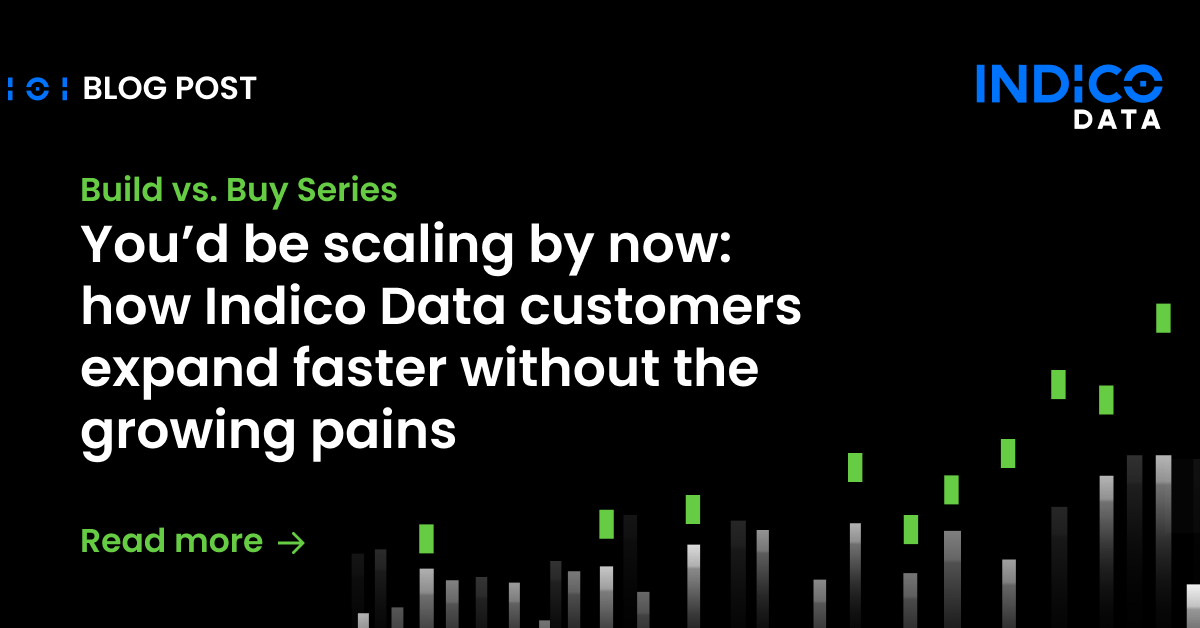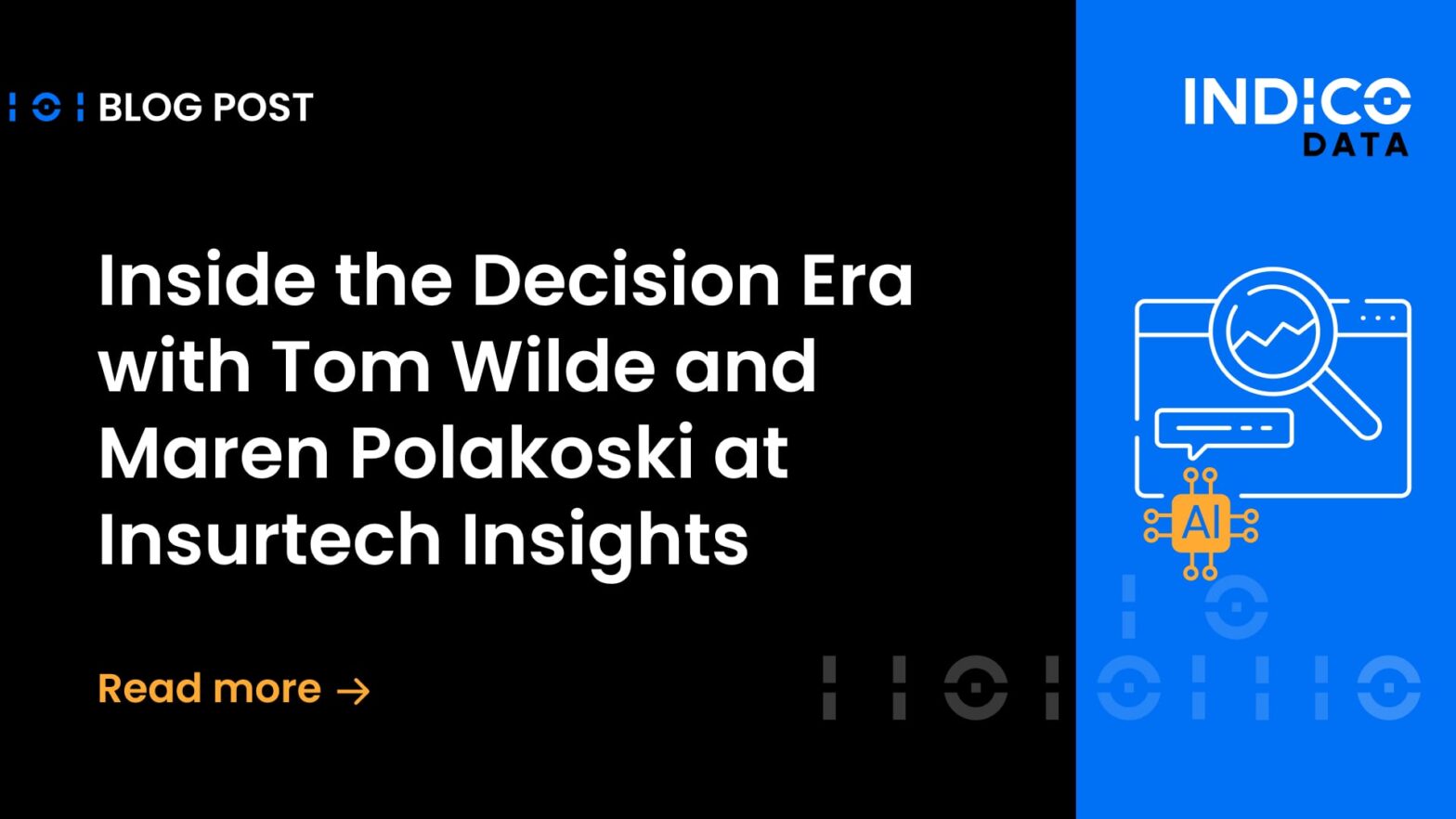Efficient data collection and analysis are incredibly important aspects of effective underwriting. Insurance companies rely heavily on accurate, timely data to assess risks, set premiums, and make informed decisions. However, traditional methods of data collection are often labor-intensive, prone to error, and time-consuming, which can lead to delays and inaccuracies in the underwriting process. That’s where Intelligent Document Processing (IDP) comes into play. By automating data extraction and analysis, IDP transforms the underwriting process, making it more efficient and reliable.
The challenges of traditional data collection
Traditional data collection for underwriting involves gathering information from a variety of sources, including application forms, claims histories, financial statements, and third-party reports. This data often comes in unstructured formats, such as PDFs, emails, scanned documents, and handwritten notes. Underwriters must manually sift through this information to extract relevant data points, which is not only time-consuming but also increases the likelihood of errors. Moreover, the sheer volume of data can be overwhelming, leading to bottlenecks in the underwriting process.
Manual data entry and analysis also pose challenges in terms of consistency and accuracy. Different underwriters may interpret the same data differently, leading to variations in risk assessments. Additionally, the manual process is susceptible to human error, such as data entry mistakes or overlooked information. These issues can have significant consequences, including inaccurate risk assessments, inappropriate pricing, and potential financial losses for your insurance company.
How IDP transforms data collection for underwriting
Intelligent Document Processing leverages artificial intelligence (AI) and machine learning (ML) to automate the extraction, classification, and analysis of data from various document types. This technology can process unstructured data, transforming it into structured, actionable information that can be easily analyzed. By automating these processes, IDP reduces the time and effort required for data collection, while also improving accuracy and consistency.
IDP can handle a wide range of document types, including PDFs, scanned images, emails, and handwritten notes. The technology uses optical character recognition (OCR) to convert images of text into machine-readable data, which can then be analyzed by AI algorithms. These algorithms are trained to recognize and extract data points that are specifically relevant to underwriting , such as applicant information, claims history, financial metrics, and more.
One of the key advantages of IDP is its ability to learn and improve over time. As the system processes more documents, it becomes better at recognizing patterns and extracting relevant data. This continuous learning process enhances the accuracy of data extraction, reducing the likelihood of errors and ensuring that underwriters have access to high-quality data for their assessments.
Related content: Transforming insurance with data: how telematics and AI are shaping the future
Real-world examples of IDP in data collection
IDP has the potential to revolutionize data collection across various industries, particularly those that rely heavily on unstructured data. Here are some real-world examples of how IDP can improve data collection for different industries and data types:
Insurance industry: claims processing
In the insurance industry, claims processing is a data-intensive task that involves collecting and analyzing a large volume of unstructured data. Traditional methods require manual data entry and analysis, which can lead to delays and inaccuracies. With IDP, insurance companies can automate the extraction of data from claims forms, medical records, and accident reports. This not only speeds up the claims process but also ensures that the data is accurate and complete, leading to higher-quality underwriting decisions.
Healthcare: patient records management
Healthcare providers often deal with a vast amount of patient data, including medical histories, lab reports, and treatment plans. It can be overwhelming and potentially dangerous to manually manage this data because the risk of error is high. IDP can automate the extraction and classification of data from patient records for you, ensuring that healthcare providers have access to accurate and up-to-date information. This can improve patient care by enabling more informed treatment decisions and reducing the risk of medical errors.
Financial services: loan underwriting
Loan underwriting in the financial services sector involves assessing the creditworthiness of applicants based on various financial documents, such as tax returns, bank statements, and credit reports. Traditionally, this process requires manual review and data entry, which can be time-consuming and error-prone. IDP can streamline this process by automatically extracting relevant financial data from these documents, allowing lenders to make faster and more accurate lending decisions.
Legal industry: contract analysis
Law firms often need to analyze large volumes of contracts and legal documents to extract key information, such as clauses, obligations, and deadlines. This process is typically manual and can take a significant amount of time. IDP can automate the extraction of relevant data from contracts, making it easier for legal professionals to review and analyze documents. This not only speeds up the contract analysis process but also reduces the risk of overlooking critical information.
Real estate: property management
In the real estate industry, property management involves collecting and analyzing data from various sources, such as lease agreements, maintenance records, and tenant applications. IDP can automate the extraction of data from these documents, enabling property managers to make more informed decisions about property maintenance, tenant selection, and lease renewals. This can lead to more efficient property management and improved tenant satisfaction.
Integrating IDP with existing systems
One of the significant benefits of IDP is its ability to integrate seamlessly with existing systems and workflows. Whether a company uses a customer relationship management (CRM) system, enterprise resource planning (ERP) software, or a specialized underwriting platform, IDP can be integrated to enhance data collection and processing capabilities.
For instance, in the insurance industry, IDP can be integrated with underwriting platforms to automatically feed extracted data into the system, reducing the need for manual data entry. This integration ensures that underwriters have access to the most up-to-date and accurate information, enabling them to make more informed decisions.
Moreover, IDP’s ability to handle a wide range of document formats means that companies can continue to work with their existing document management systems without the need for extensive reconfiguration. This flexibility makes IDP a valuable addition to any organization’s technology stack, providing immediate benefits without requiring significant changes to current processes.
Related content: Enhancing risk assessment in underwriting with Intelligent Document Processing
The role of IDP in enhancing data security and compliance
Data security and compliance are critical concerns for companies that handle sensitive information, such as financial data, medical records, and personal identification details. IDP can play a vital role in enhancing data security by automating the processing of sensitive documents in a controlled and secure environment.
By reducing the need for manual handling of sensitive documents, IDP minimizes the risk of data breaches and unauthorized access. The technology can also be configured to comply with industry-specific regulations, such as the Health Insurance Portability and Accountability Act (HIPAA) in healthcare or the General Data Protection Regulation (GDPR) in the European Union.
Additionally, IDP’s ability to track and log all document processing activities provides an audit trail that can be used to demonstrate compliance with regulatory requirements. This capability is particularly valuable in industries like finance and healthcare, where regulatory compliance is a top priority.
Future prospects for IDP in data collection and analysis
As AI and machine learning technologies continue to evolve, the capabilities of IDP are expected to expand further. Future developments may include even more sophisticated data extraction techniques, improved integration with other AI-powered tools, and enhanced capabilities for processing more complex types of unstructured data.
The increasing adoption of IDP across various industries is likely to drive innovation in this field, leading to new applications and use cases. As more companies recognize the value of automating their data collection and analysis processes, IDP is set to become an essential tool for businesses looking to stay competitive in a data-driven world.
Why IDP is essential for modern underwriting
Intelligent Document Processing is not just a tool for automating data extraction; it is a game-changer for the underwriting process. By streamlining data collection and analysis, IDP enables insurance companies to make faster, more accurate risk assessments, ultimately leading to better decision-making and improved financial outcomes.
If your organization is looking to enhance its underwriting capabilities, Indico’s IDP solutions offer a powerful and flexible toolset that can be customized to meet your specific needs. With proven success across various industries, Indico can help you streamline your data collection processes, reduce errors, and improve the overall efficiency of your underwriting operations.
Ready to see how Indico can transform your data collection and underwriting processes? Book a demo today to discover the full potential of Intelligent Document Processing for your business.
Subscribe to our LinkedIn newsletter.
Frequently asked questions
- How does IDP handle multilingual documents or those with specialized terminology? The blog discusses IDP’s ability to process various document types but does not address how it manages documents in different languages or those containing industry-specific jargon. Readers might wonder if IDP can accurately process and extract data from documents in languages other than English or from documents that include specialized terminology.
- What are the data privacy implications of using IDP? While the blog touches on IDP’s role in enhancing data security and compliance, it does not delve into the specific data privacy concerns associated with using IDP. Readers might question how sensitive information is protected during the data extraction process and whether using IDP introduces any new risks related to data privacy.
- What is the impact of IDP on the roles of human underwriters? The blog focuses on the efficiency and accuracy improvements brought by IDP but does not explore how the adoption of this technology might affect the roles and responsibilities of human underwriters. Readers might be curious about whether IDP is likely to reduce the need for human underwriters or if it will simply change the nature of their work.


